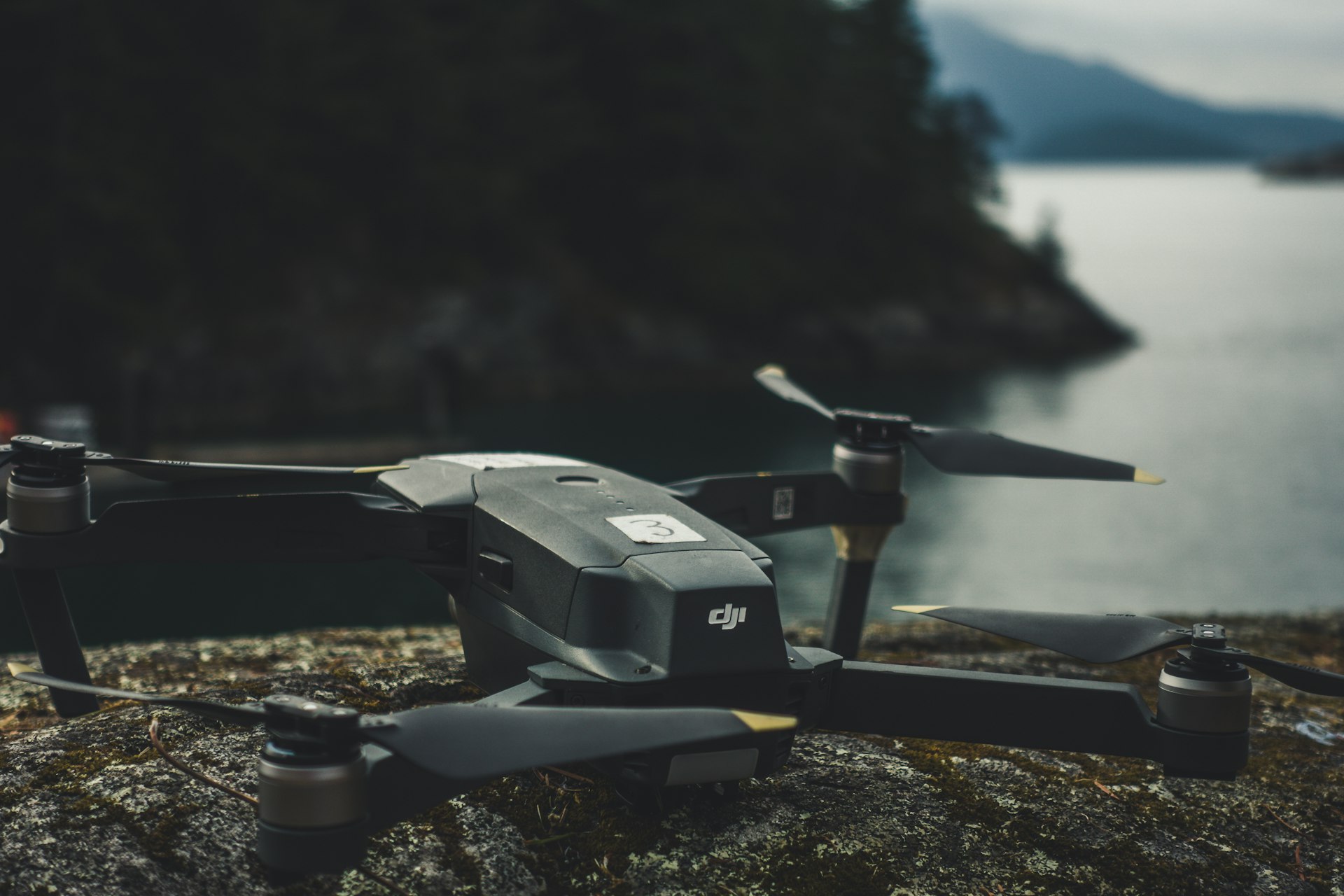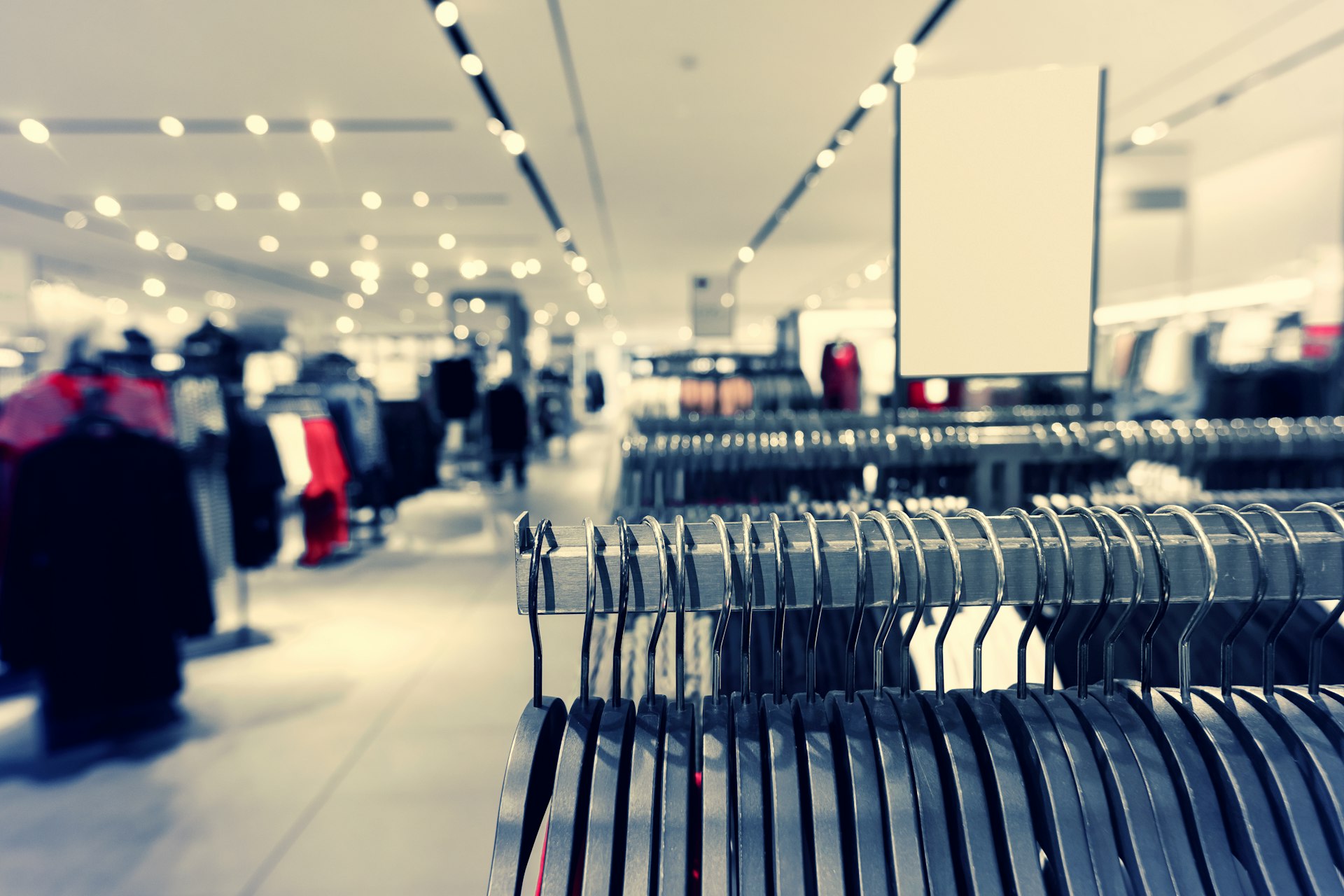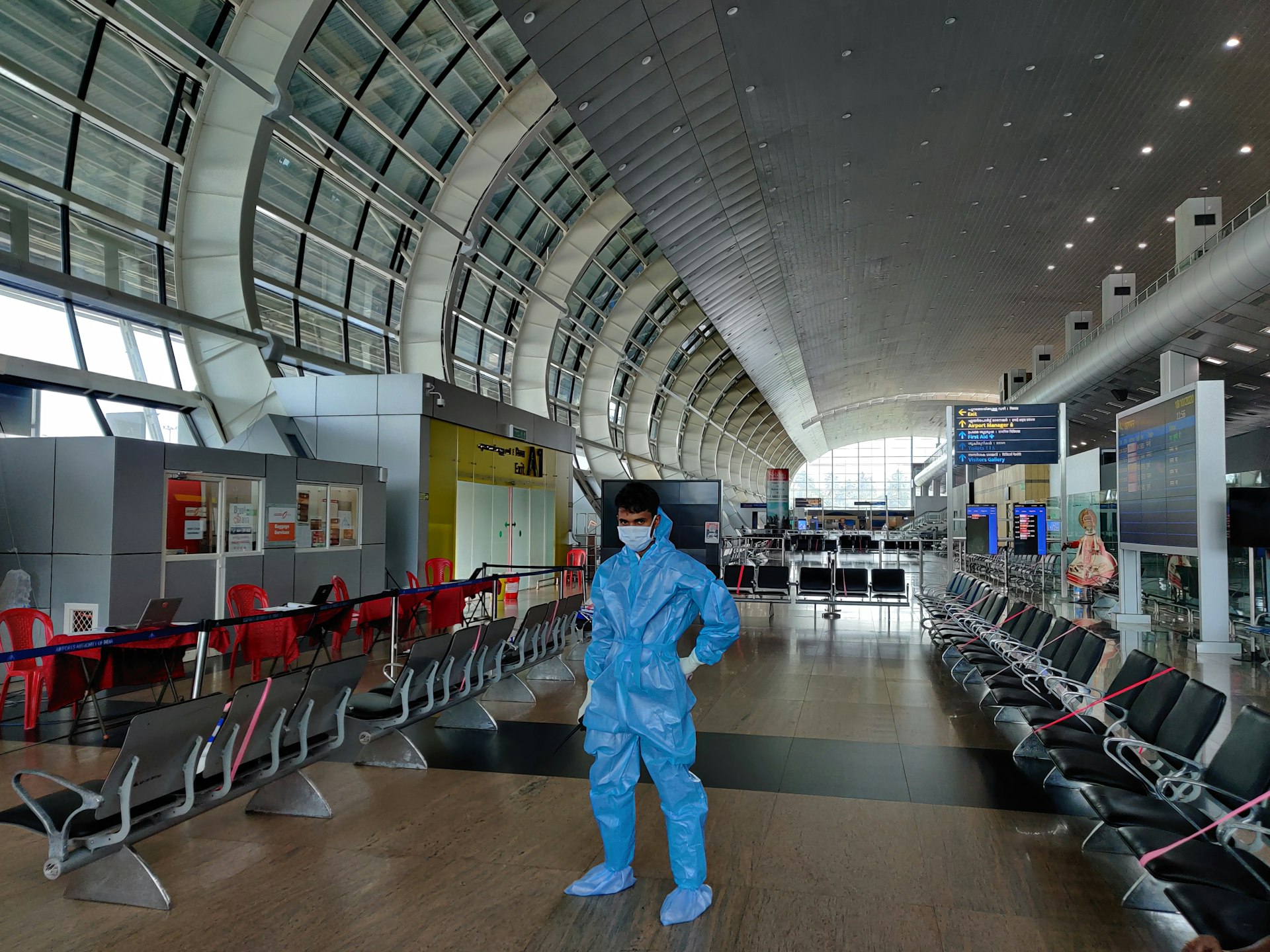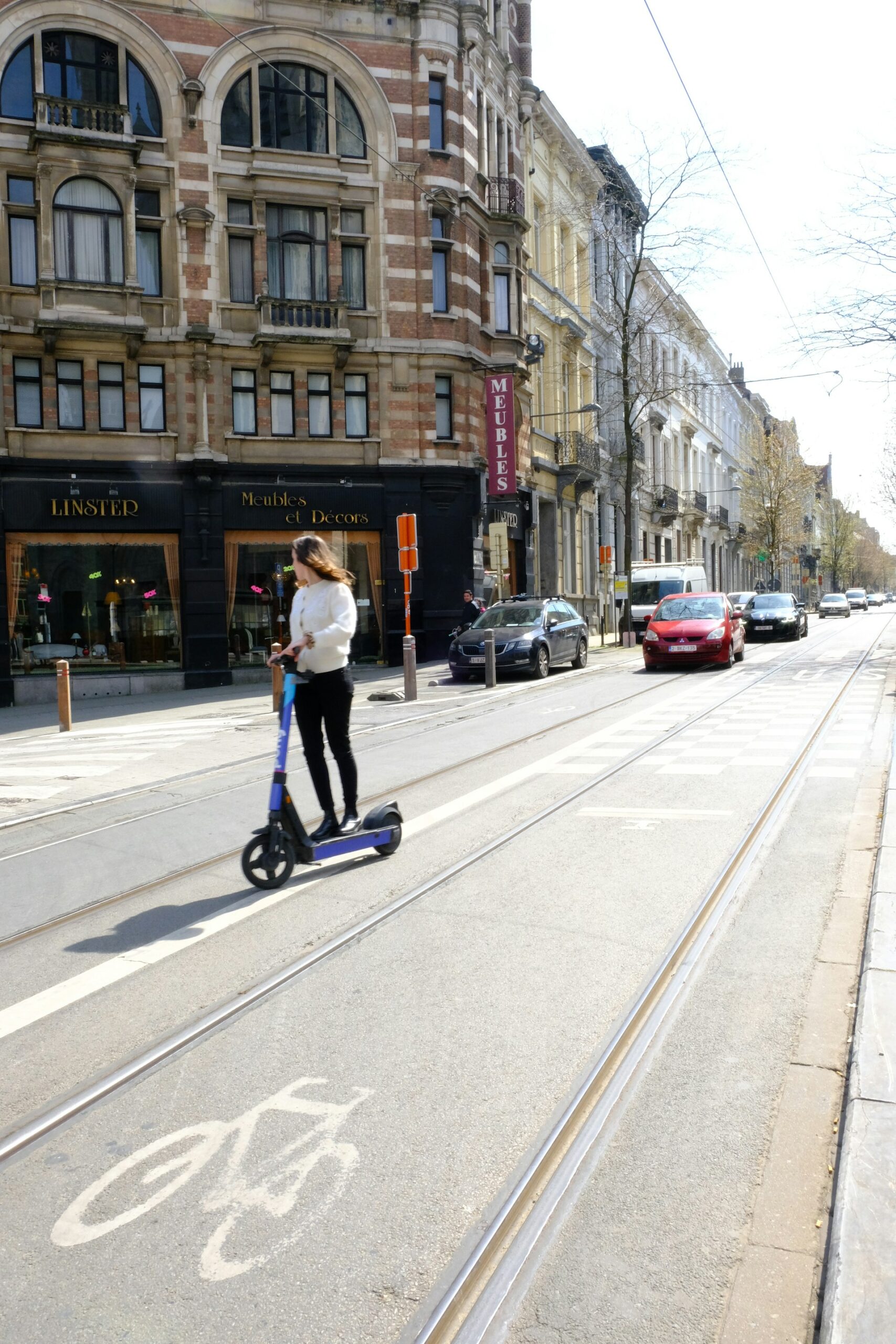Unlocking Digital Fashion: How the Metaverse is Shaping the Future of Style and Self-Expression

Photo by Dạy Vẽ Trên Vải on Unsplash
Introduction: The Rise of Digital Fashion in the Metaverse
The fusion of fashion with immersive technology is transforming how people express themselves, interact with brands, and engage with culture. In the metaverse-a collective, persistent virtual space-digital fashion is not only redefining style but also reshaping the business and creative models of the global fashion industry. From avatar customization to virtual runways and NFT-based garments, the possibilities are expanding rapidly [1] [3] .
What Is Digital Fashion in the Metaverse?
Digital fashion refers to clothing, footwear, and accessories that exist only in digital or virtual environments. Unlike traditional apparel, these items are designed for avatars in games, social platforms, and metaverse spaces. Users can personalize their digital identities, attend virtual fashion shows, and purchase exclusive outfits that enhance their online presence [5] . The metaverse leverages virtual reality, augmented reality, blockchain, and NFTs to power these experiences, making digital fashion a dynamic, interactive, and scalable phenomenon [1] .
How Digital Fashion Works: Platforms, Access, and Use
To access digital fashion in the metaverse, you need an internet connection and registration on a compatible platform. Popular environments include Decentraland, Roblox, and The Sandbox, all of which host virtual fashion shows, marketplaces, and customization tools. Many brands also offer digital garments on their official websites or through NFT marketplaces. Once you create an account and set up your avatar, you can browse collections, attend events, and purchase digital items using the platform’s currency or cryptocurrency [1] [3] .
If you are new to these platforms, consider searching for official guides on each site. For example, you may visit the Decentraland homepage and look for their onboarding or help section. Many platforms also have official Discord communities, where you can ask for assistance and learn best practices from experienced users.
Benefits and Opportunities for Brands and Consumers
Digital fashion in the metaverse offers several key advantages:
-
Personalization and Self-Expression:
Users can create highly customized avatars that reflect their tastes, identities, and moods without physical or logistical limitations. This allows for greater creativity and exploration [2] . -
Brand Engagement:
Major fashion brands like Prada, Balenciaga, Louis Vuitton, Gucci, and Ralph Lauren have launched digital collections, in-game skins, and virtual runway events, reaching new audiences and generating revenue through exclusive digital assets [1] [3] . -
Sustainability:
Digital fashion eliminates textile waste and reduces the environmental footprint associated with traditional garment production. Many consumers, especially “Digi-Sapiens” (a cohort making up 45% of the global population with 55% of spending power), are shifting toward digital-first fashion choices, which could potentially reduce fashion industry emissions by up to 10% [2] . -
Business Innovation:
The metaverse offers brands a testbed for experimental design, rapid prototyping, and global marketing campaigns without the constraints of physical logistics. Digital-only fashion brands like The Fabricant and Tribute have pioneered NFT-based garments and virtual collections [5] .
Case Studies: Real-World Examples of Digital Fashion in the Metaverse
Several high-profile events and brands have demonstrated the impact and reach of digital fashion in virtual environments:
-
Metaverse Fashion Week (MVFW)
in Decentraland brought together global brands such as Gucci, Balenciaga, and Ralph Lauren for virtual runway shows, pop-up shops, and after-parties. These events allowed thousands of users to experience fashion in an immersive setting, buy digital collections, and interact directly with designers [3] [4] . -
The Fabricant
, based in Amsterdam, is a digital-first fashion house that sold its “Iridescence Dress” as an NFT for $10,000, proving the viability and value of digital-only couture [5] . -
GCDS
hosted a virtual runway show in 2020, featuring digital avatars and a celebrity “front row,” demonstrating how fashion events can adapt to and thrive in digital spaces [3] .
How to Get Started with Digital Fashion in the Metaverse
To explore digital fashion in the metaverse, follow these practical steps:

Photo by Irham Setyaki on Unsplash
-
Identify Your Platform:
Decide which metaverse or virtual environment best suits your interests-popular choices include Decentraland, Roblox, and The Sandbox. Visit their official websites or app stores to confirm authenticity before creating an account. -
Set Up Your Avatar:
Customize your digital persona using the platform’s built-in tools. Many platforms offer free options as well as premium digital fashion items for purchase. -
Browse Marketplaces:
Explore official marketplaces for digital garments. In Decentraland, look for their NFT marketplace section; on Roblox, visit the Avatar Shop. -
Attend Virtual Events:
Watch for announcements of digital fashion shows, pop-up shops, or brand launches. Official event calendars and news sections on each platform can keep you updated. -
Engage with the Community:
Join official forums, Discord groups, or social media channels to connect with other fashion enthusiasts and get tips on maximizing your experience. -
Consider Security:
Use strong passwords and enable two-factor authentication, especially if you plan to purchase digital assets or NFTs.
If you are uncertain about where to begin, search for “[Platform Name] digital fashion guide” or “[Brand Name] metaverse collection” using your preferred search engine. Always verify that you are using the official website or marketplace to avoid scams.
Challenges and Solutions in Digital Fashion Adoption
While digital fashion in the metaverse is promising, there are challenges to consider:
-
Technical Accessibility:
Not all users have access to high-speed internet or compatible devices. Many platforms offer mobile or browser-based alternatives to increase accessibility. -
Digital Literacy:
New users may find navigation and purchasing on virtual platforms complex. Most major platforms provide beginner tutorials, FAQs, and community support to help overcome the learning curve [1] . -
Verification and Security:
With the rise of NFT-based assets, it is crucial to confirm the authenticity of digital items and avoid unofficial marketplaces. Always use verified platforms and enable security features on your accounts. -
Environmental Impact of Blockchain:
Although digital fashion reduces textile waste, some blockchain technologies are energy-intensive. Look for brands and platforms that use eco-friendly blockchain solutions or offset their carbon footprint.
Alternative approaches include seeking out platforms with educational resources, participating in community events for live support, and starting with free or low-cost digital items before investing in premium assets.
Key Takeaways and Future Directions
Digital fashion in the metaverse is creating unprecedented opportunities for creativity, sustainability, and personal expression. Brands are leveraging these technologies to engage with new audiences, while users can explore limitless customization and participate in global fashion culture without the barriers of the physical world. As platforms and blockchain solutions continue to evolve, expect more accessible, secure, and sustainable options to emerge.
To stay current, regularly check the official news sections of your chosen platform, follow major fashion brands on social media, and participate in community forums. If you are interested in launching your own digital fashion brand or collection, seek out industry webinars, design tools, and NFT marketplace guides offered by reputable organizations.
References
- [1] Audaces (2024). Fashion Metaverse: How it can boost your collection’s visibility.
- [2] Inuru (2024). How digital fashion and the metaverse change the clothes we wear.
- [3] G.URL Magazine (2024). Defining The Fashion Metaverse.
- [4] RMCAD (2024). Designing for the Digital Runway: Fashion in the Metaverse.
- [5] Shima Seiki Spotlight (2024). What is Digital Fashion? How to Obtain It, Use It and Understand It.
MORE FROM ismath.net













